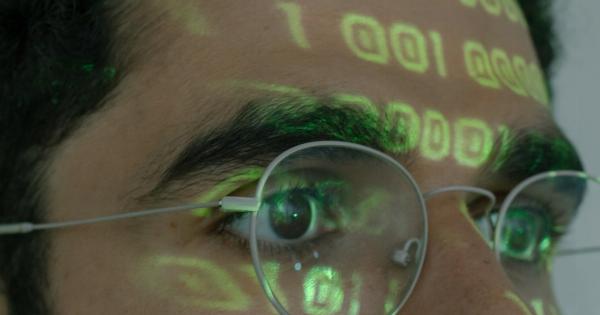Depression is a severe mental disorder that affects millions of people worldwide. It is a mood disorder that causes persistent feelings of sadness, hopelessness, and loss of interest in daily activities.
Depression is a complex disorder, and there is still much to learn about the condition and its underlying causes. One aspect that researchers have begun to focus on is how depression affects the brain. In this article, we’ll take a closer look at depression and the brain.
What Is Depression?
Depression is a mental disorder that affects how you feel, think, and behave. It is a complex mood disorder that can have both behavioral and physical symptoms. Some of the common symptoms of depression include:.
- Persistent feelings of sadness, hopelessness, or worthlessness
- Loss of interest in activities you once enjoyed
- Changes in appetite or weight
- Difficulty sleeping or oversleeping
- Fatigue or lack of energy
- Difficulty concentrating or making decisions
- Physical symptoms such as headaches or stomachaches
- Recurrent thoughts of death or suicide
How Does Depression Affect the Brain?
Depression is a complex disorder, and researchers are still working to understand its causes fully. However, one thing researchers have discovered is that depression affects the brain in many ways. Some of the ways depression affects the brain include:.
- Altered Brain Chemistry: Depression has been linked to imbalances in neurotransmitters, chemicals in the brain that help regulate mood, energy, and other vital functions.
- Changes in Brain Structure: Studies have shown that people with depression often have structural differences in certain areas of the brain, such as the hippocampus and prefrontal cortex.
- Reduced Brain Activity: Brain imaging studies have shown that people with depression have lower levels of activity in certain areas of the brain, such as the amygdala and anterior cingulate cortex.
- Inflammation: Some research suggests that depression may be linked to inflammation in the brain and body.
The Role of Neurotransmitters
Neurotransmitters are chemicals in the brain that help regulate mood, energy, and other vital functions.
Researchers have found that imbalances in certain neurotransmitters, such as serotonin and dopamine, may play a role in the development of depression. Some antidepressant medications work by increasing the availability of these neurotransmitters in the brain.
Structural Changes in the Brain
Studies have shown that people with depression often have structural differences in certain areas of the brain. For example, the hippocampus, a brain region involved in memory and learning, has been found to be smaller in people with depression.
The prefrontal cortex, a brain region involved in decision-making and emotion regulation, has also been found to be smaller in people with depression.
Reduced Brain Activity
Brain imaging studies have shown that people with depression have lower levels of activity in certain areas of the brain, such as the amygdala and anterior cingulate cortex.
These brain regions are involved in regulating mood, emotion, and stress response. By understanding how depression affects these brain regions, researchers hope to develop more effective treatments for the condition.
Inflammation
Inflammation in the brain and body is a normal response to injury or infection. However, some research suggests that chronic inflammation may be linked to depression.
People with depression have been found to have higher levels of inflammatory markers in their blood and cerebrospinal fluid. Researchers are still working to understand the link between inflammation and depression.
Conclusion
Depression is a complex mental disorder that affects millions of people worldwide. While we are still learning about the condition’s underlying causes, research has shown that depression affects the brain in many ways.
Understanding how depression affects the brain is an essential step towards developing more effective treatments for this debilitating condition.




























